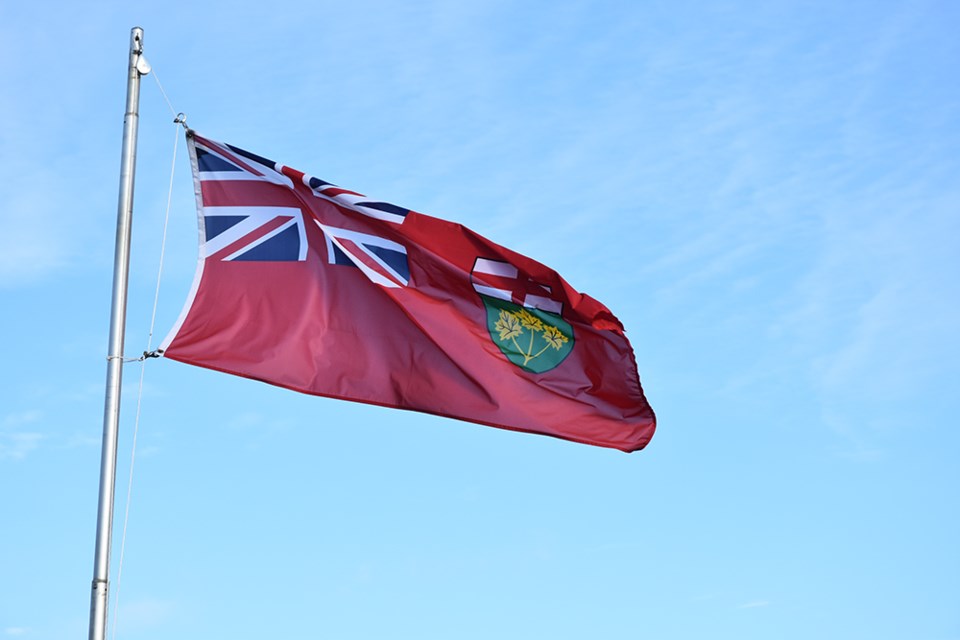The province has announced new testing measures to detect COVID-19 over the holiday season, which will include test kits for school children to use over the Christmas break, pop-up test clinics in shopping malls, and more testing options at pharmacies.
The changes were announced today by Minister of Health Christine Elliott, Minister of Education Stephen Lecce and Ontario chief medical officer of health Dr. Kieran Moore.
“While vaccination remains the best way to protect against COVID-19, testing remains a key part of our pandemic response by detecting cases earlier and providing an additional layer of safety,” said Elliott in a news release.
“As we head into the colder months we are enhancing our testing strategy to ensure that every Ontarian, regardless of where they live, can access testing closer to home when they need it and get a test result as quickly as possible.”
Provincial labs have processed nearly 20 million PCR tests to date with more than 89 per cent of test results produced within 24 hours of the test. Lab capacity allows for up to 100,000 tests to be processed per day.
Take-home kits for Christmas break
Within the next four-to-six weeks, the province will be distributing 11 million rapid antigen tests to students attending all publicly funded schools. The province purchased the tests specifically for the Christmas break testing program.
Each student will receive a box of five rapid antigen tests and will be advised to take the test on Mondays and Thursdays. The testing is optional and is not required to return to school.
If a student does test positive, they are to seek confirmatory PCR testing at a COVID assessment centre. Anyone in their household who is not fully vaccinated is required to isolate while the test results are pending.
The province is already deploying one million rapid antigen tests per week to organizations that are open with employees on-site, high-risk sectors with provincial vaccination policies in place (hospitals, home and community care, post-secondary institutions, and retirement homes), and to schools and child care settings.
Mobile testing blitz
The province will be using Ontario Health's mobile testing teams in "high-traffic" public settings such as shopping malls, public spaces, or holiday markets, over the Christmas holiday season. Testing will be voluntary and will be offered to asymptomatic individuals.
The location for these pop-up testing clinics will be announced in early December.
PCR self-collection kits for students
Later this month, the province will be distributing take-home PCR sample collection kits for students attending publicly funded schools. The kits will be available for symptomatic or asymptomatic students and staff who are identified by their public health units as a close contact of a confirmed case of COVID-19.
The kits allow the user to swab their own nose at home and deliver the specimen to a nearby pharmacy or participating community location to be processed at a lab.
Students and staff may also be tested at an existing COVID test facility.
Private schools and First Nation schools are also being offered the kits.
Expanded testing at pharmacies
Starting today (Nov. 18) the province will increase the number of pharmacies offering testing with up to 600 sites expected to be offering testing within the next few days.
Testing at pharmacies will be available to all eligible individuals (symptomatic, and high-risk contacts, as well as high-risk asymptomatic individuals).
Testing options at pharmacies will include in-store PCR testing (by appointment only), self-collection PCR kits, in-store rapid testing by appointment only.
Pharmacies offering testing to symptomatic individuals will be required to follow infection prevention and control measures in place under the provincial testing guidance, which includes:
- requiring an appointment for in-store testing
- ensuring dedicated space for testing/specimen collection
- routine environmental cleaning and disinfection
- physical distancing
- optimising ventilation
- stringent PPE requirements
All positive tests will be reported to public health for case and contact management.
